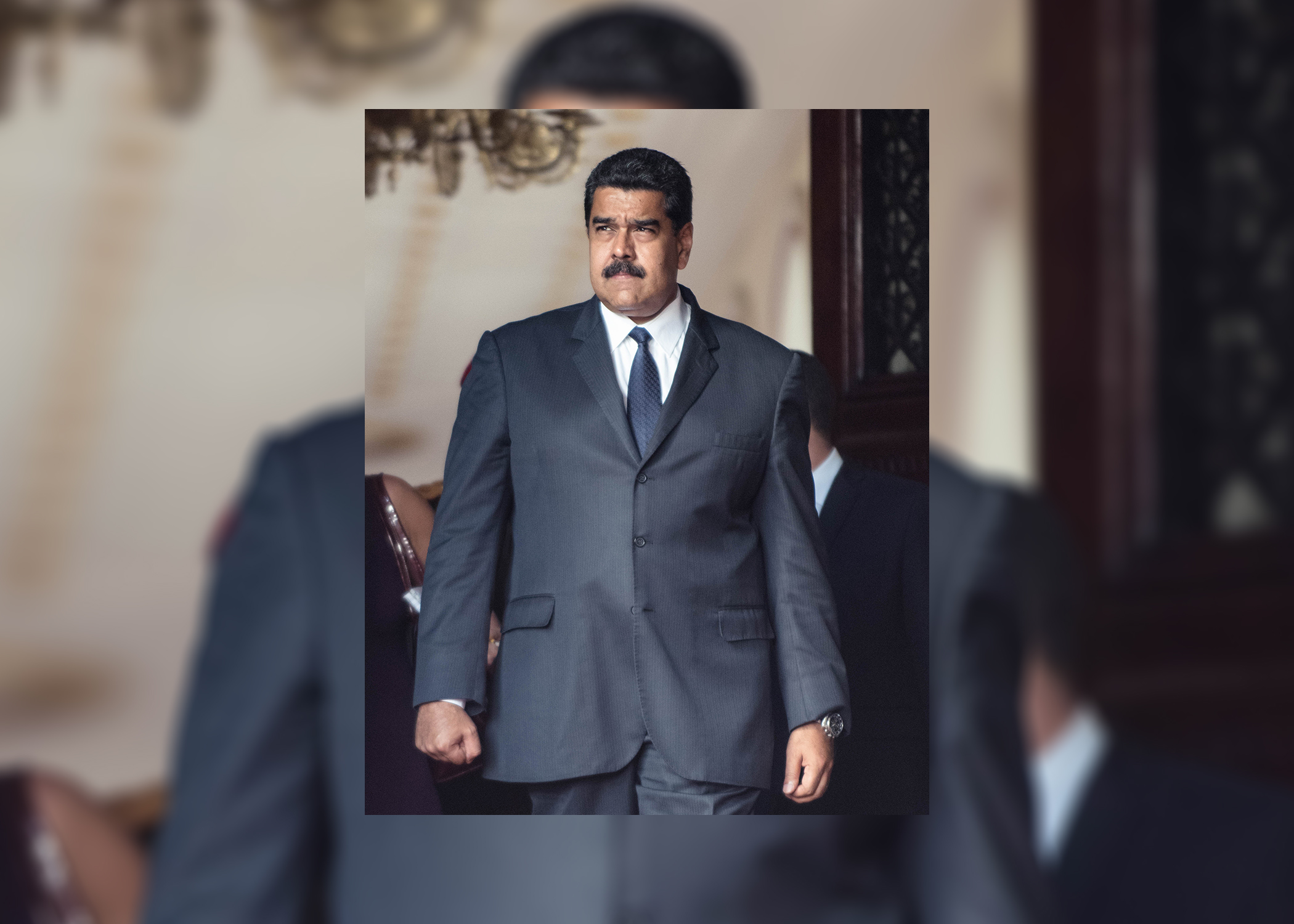Former President of Pakistan, Dr. Arif Alvi, visited Kennesaw State in an event hosted by the Pakistani Student Association. The organization’s president, Ayesha Khan, moderated a Q-and-A in front of a packed audience, numbering nearly 100 people.
Former President Dr. Arif Alvi described his biggest achievement in Pakistani politics as being part of an extremely popular movement led by “the most favorite person in Pakistan as far as politics is concerned,” making reference to embattled former Prime Minister Imran Khan, whom Alvi served with.
He said that part of his goal of speaking at Kennesaw State was to “motivate the diaspora,” and spoke on problems of education in Pakistan, saying that over 26 million children there are not in school. In his analysis, the opportunity for all of these children to have school access won’t arrive for decades.
The former president critiqued the current Pakistani government for not giving enough attention to education, citing it as a reason he wanted reform in government, saying, “that’s why I want democracy to come back.”
He also commented on the state of healthcare in Pakistan, noting that breast cancer is far deadlier for women there, than in the U.S.
Dr. Alvi shed some light on the economic disparities between the rich and poor in Pakistan, and its impact on the country.
“The frustration of seeing [inequality] of wealth…is a prescription for social stress,” he said.
The former president outlined the two things he said Pakistan needed in order to bring back democracy: The government respecting the human rights of peaceful protestors and greater press freedom.
Referencing former Prime Minister Khan again, Dr. Alvi said, “When you can’t show the image of the leader of Pakistan who’s 90% popular, you can imagine the control of the [press].”
Alvi also spoke about his experience protesting throughout his life, saying, “I’ve had tear gas thrown at me since I was probably in the teens, I’ve been beaten up by police.”
When asked what those in the Pakistani diaspora can do to assist the country’s development, Alvi stressed the importance of staying involved in local American politics, “…because this is your country too.”
He said that this kind of participation is also important in preparing those in the diaspora to have conversations within their families about topics like peace and democracy.
The other method the former president highlighted for diaspora assistance was pushing for their American universities to become partner institutions with those in Pakistan in a bid to share knowledge and resources across the countries.
Dr. Alvi was also asked about the state of democracy of human rights in Pakistan. The former president spoke at length about his idea that Pakistan had only ever been able to achieve “accidental democracy.”
This meant that the few brief periods of democratic rule in Pakistan were a product more of happenstance, rather than any coordinated effort at the hands of the people of Pakistan.
In spite of this, he said that Pakistan was currently experiencing its first grassroots political movement, largely being led by young people and women, which he called a “golden combination.”
Dr. Alvi closed the Q-and-A session by emphasizing the importance of love in all spheres of life and interaction. He spoke on how influential the Sufi poet Rumi had been on him and his appreciation for love of yourself, your family and your community.
Following the conclusion of the Q-and-A session, Dr. Alvi granted The Sentinel a few moments of time for an interview.
The former president said that for relations between India and Pakistan to improve, both countries should rely on previous United Nations resolutions. He also highlighted the important role of greater trade and contact between the two countries as critical for better India-Pakistan relations.
“We must settle them,” Dr. Alvi said about lingering issues between Indian and Pakistan.
“The world knows that it’s unjust,” the former president said about the jailing of former prime minister Imran Khan, who in January, was sentenced to 14 years in prison on charges of corruption.
“He and the politics of democracy have a tremendous future,” he said.



